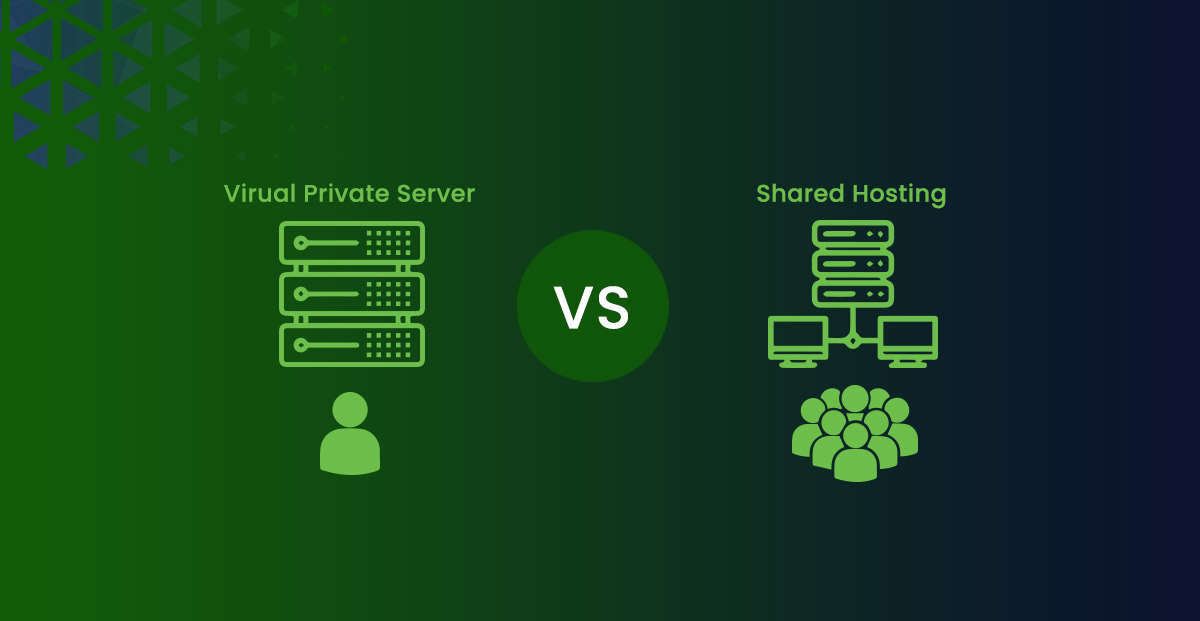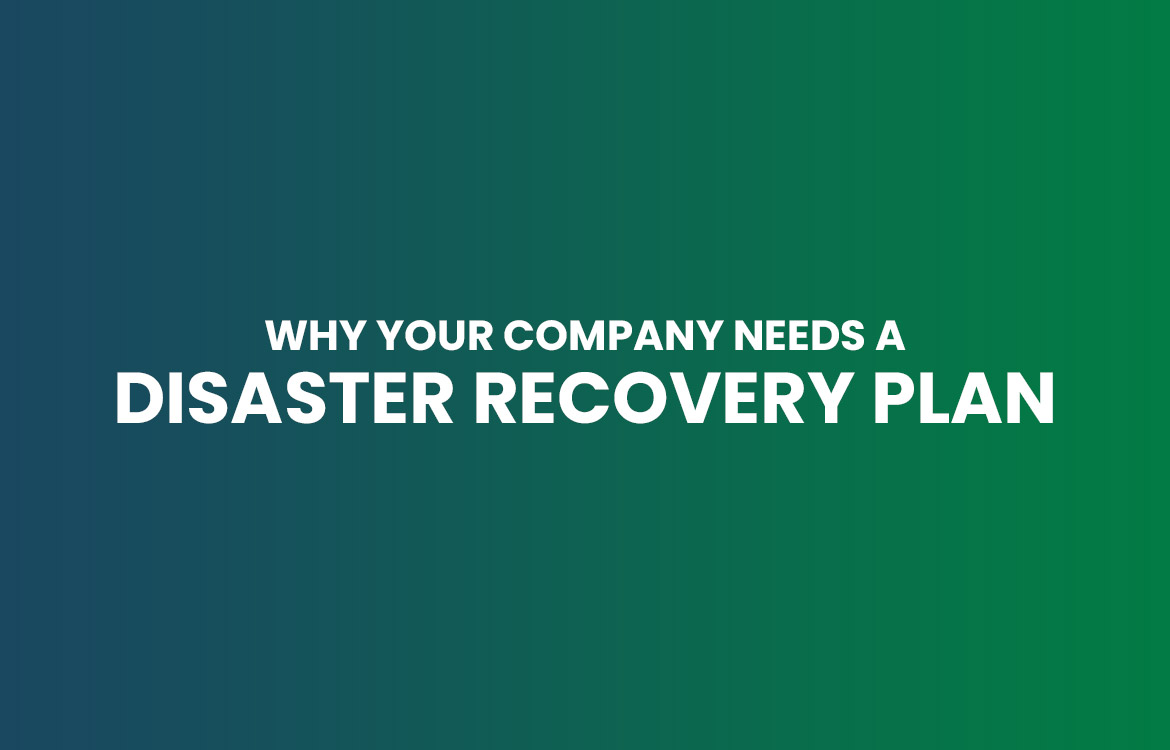Introduction
So, you’ve decided to start a website—congratulations! One of the first steps after securing a domain name is finding a hosting provider that suits your needs. With a variety of hosting services available, each catering to different types of websites, it can be overwhelming to choose the right one. Two of the most popular options are VPS Virtual Private Server hosting and Shared Hosting. Each has its own advantages and disadvantages, making it crucial to understand which one fits your specific needs best. In this post, we’ll compare Shared Hosting vs VPS Hosting their features, benefits, and drawbacks to help you make an informed decision.

What is Shared Hosting?
Imagine living in an apartment where you share common spaces like the pool, backyard, or parking lot with other residents. Shared Hosting works similarly. Your website shares server resources such as CPU, disk space, and memory with other websites hosted on the same server. This makes Shared Hosting the most affordable web hosting option, ideal for small websites or blogs with low to moderate traffic.
Why Choose Shared Hosting?
Shared Hosting is perfect for:
- Personal blogs or portfolios
- Small business websites
- Startups with a limited budget
- Beginners with minimal technical knowledge
Shared Hosting Advantages
- Affordability: Shared Hosting is the least expensive option, making it accessible for those just starting out or with budget constraints.
- Ease of Use: This type of hosting is user-friendly and requires little to no technical expertise. The hosting provider manages the server, including maintenance and updates.
- Convenient Setup: Shared Hosting plans come with pre-configured settings, making it easy to get your website up and running quickly.
- Maintenance-Free: The hosting provider handles server management, freeing you from the technical aspects.
Shared Hosting Disadvantages
- Limited Resources: Since resources are shared among multiple websites, high traffic on one site can affect the performance of others.
- Security Risks: Shared environments are more susceptible to security breaches. A vulnerability in one site can potentially compromise others on the same server.
- Limited Control: You have limited access to server settings and cannot install custom software.
- Performance Issues: Your website might experience slower loading times during peak traffic periods due to shared bandwidth.
What is VPS Hosting?
VPS (Virtual Private Server) Hosting offers a middle ground between Shared Hosting and dedicated servers. With VPS, a physical server is divided into multiple virtual compartments, each acting as an independent server with its own operating system, resources, and bandwidth. This means you get dedicated resources and greater control over your hosting environment. Learn more on Beginners Guide to Virtual Servers.
Why Choose VPS Hosting?
VPS Hosting is suitable for, when do you need VPS?
- Growing businesses
- E-commerce websites
- Websites expecting high traffic
- Users needing more control and customization
VPS Hosting Advantages
- Dedicated Resources: Unlike Shared Hosting, VPS offers dedicated CPU, RAM, and storage, ensuring consistent performance.
- Scalability: VPS is highly scalable. As your website grows, you can easily upgrade your resources without experiencing downtime.
- Customization: With root access, you can install custom software and configure the server to meet your specific needs.
- Enhanced Security: VPS provides better security features and isolates your server space, reducing the risk of cross-site issues.
- Reliability: VPS hosting offers greater reliability and uptime compared to Shared Hosting, as your resources are not impacted by other websites.
One of our expert written comprehensive blog on 10 benefits of virtual private servers
VPS Hosting Disadvantages
- Higher Cost: VPS hosting is more expensive than Shared Hosting due to the dedicated resources and additional features.
- Technical Knowledge Required: Managing a VPS requires a higher level of technical expertise. You’ll need to handle server maintenance, updates, and security.
- Complex Setup: The customization options can be overwhelming for beginners, making it challenging to optimize your VPS without the necessary skills.
Shared Hosting vs VPS Hosting: A Comparison
Security and Performance
Security is crucial for any website. Both Shared Hosting vs VPS Hosting offer secure environments, but with key differences. Shared Hosting’s shared resources mean that an error or security breach on one site can affect others. High traffic on neighboring sites can also slow down your website.
VPS Hosting, on the other hand, ensures that your site’s performance is not impacted by others. Each virtual server operates independently, providing better security and stability. However, managing a VPS without the right knowledge can lead to security vulnerabilities.
Control
VPS Hosting grants you root access to your server, allowing for complete control over the operating system, control panels, and software. This makes it ideal for users who need advanced configurations and custom applications.
In contrast, Shared Hosting limits you to the standardized setup provided by the hosting company. While this is convenient for beginners, it restricts the level of customization and control over your server environment.
Server Administration
With Shared Hosting, the hosting provider manages the server, handling setup, maintenance, and monitoring. This hands-off approach is perfect for those who prefer a hassle-free experience.
VPS Hosting requires more involvement from the user. You’ll need to manage server updates, security patches, and software installations. While this offers greater control, it also demands a higher level of technical expertise.
Scalability
Shared Hosting offers limited scalability. If your website experiences significant growth, you may quickly outgrow the resources allocated to you. Upgrading usually means moving to a different hosting plan or even switching to VPS.
VPS Hosting excels in scalability. You can easily upgrade your resources as your site grows, ensuring that you have the necessary CPU, RAM, and storage to handle increased traffic.
Pricing
Shared Hosting is the clear winner in terms of cost. It’s the most budget-friendly option, making it accessible for small websites and startups.
VPS Hosting, while more expensive, justifies the cost with dedicated resources, better performance, and enhanced security. If your website’s needs justify the additional expense, VPS can be a worthwhile investment.
When to Upgrade Your Hosting Plan?
Deciding when to upgrade from Shared Hosting to VPS depends on your website’s growth and performance needs. Here are some signs it might be time to make the switch:
- Increased Traffic: If your site experiences a significant increase in traffic, and your current plan can’t handle the load.
- Performance Issues: Frequent slowdowns or downtime due to shared resources.
- Security Concerns: If your site requires enhanced security features not available in Shared Hosting.
- Customization Needs: When you need more control over server settings and the ability to install custom software.
Other Web Hosting Types
While Shared Hosting and VPS are among the most popular, there are other hosting types to consider:
Dedicated Hosting
Dedicated Server Hosting in UAE provides an entire physical server exclusively for your website. This offers the highest level of performance, security, and control. However, it is also the most expensive option and requires significant technical expertise to manage.
Cloud Hosting
Cloud Server Hosting utilizes multiple servers to host your website, offering high scalability and reliability. It’s an excellent option for websites with variable traffic, as resources can be scaled up or down as needed.
Managed WordPress Hosting
Specifically designed for WordPress sites, Managed WordPress Hosting offers optimized performance, security, and support. It includes features like automatic updates, backups, and WordPress-specific security measures.
Conclusion
Choosing between Shared Hosting vs VPS Hosting depends on your website’s needs, budget, and technical skills. Shared Hosting is ideal for beginners, small websites, and those looking for an affordable, easy-to-use option. It provides a good starting point with minimal technical hassle.
VPS Hosting, however, is better suited for growing websites, e-commerce sites, and users requiring more control and customization. It offers dedicated resources, enhanced performance, and improved security, making it a more robust solution for demanding websites.
For the best Shared Hosting and VPS servers in Dubai, contact ASPGulf, the oldest and most reliable managed hosting services provider in the UAE. Whether you’re just starting out or looking to upgrade, ASPGulf has the perfect hosting solution to match your needs. Reach out to ASPGulf today and take your website to the next level!



